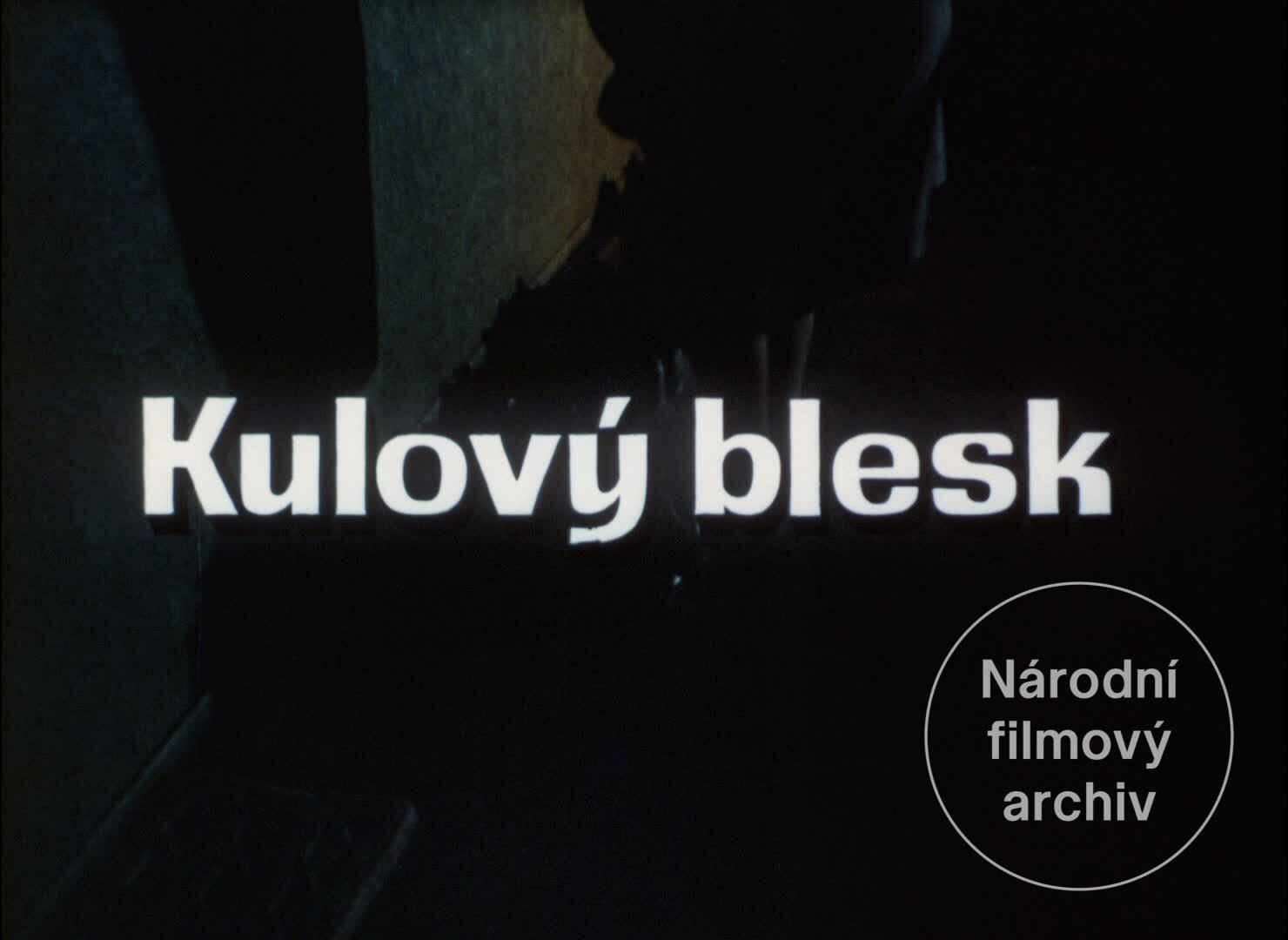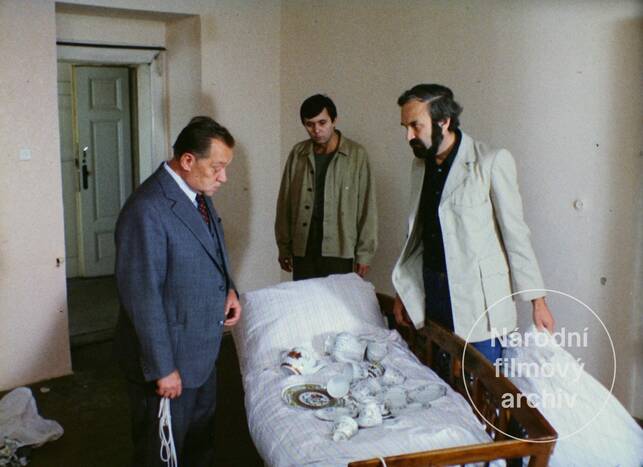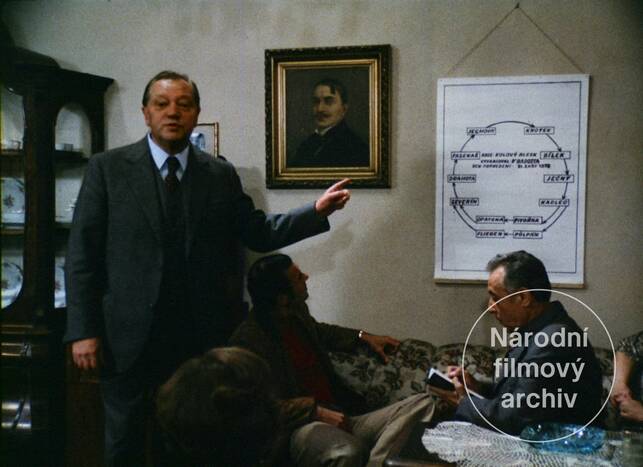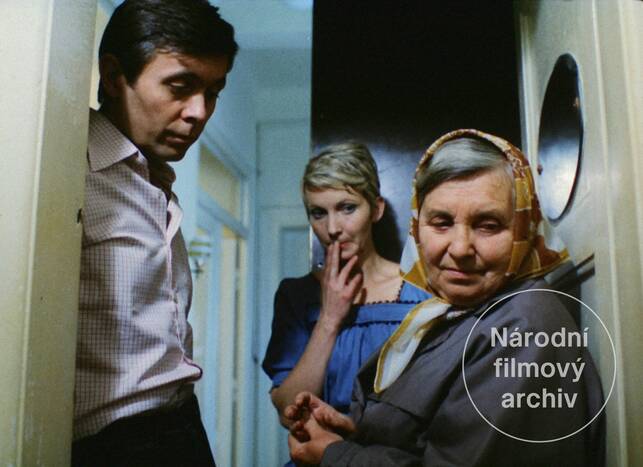Summary
With Kulový blesk (Ball-Lighting), a comedy about a multiple apartment exchange, screenwriters Zdeněk Svěrák and Ladislav Smoljak again demonstrated their rare ability to transform the reality of the post-1968 normalisation period into an inventive and intelligent spectacle for viewers. The dismal housing situation of the period inspired “the biggest operation in the history of moving”: a 12-way flat swop. This is organised by the vivacious lawyer Radosta, though naturally a broad variety of obstacles stand in his way. Operation Ball-Lighting is complicated by the hesitation of the wily pensioner Jechová, the wedding of older couple Flieger and Opatrná and the inebriation of the psychologist Knotek. The gargantuan operation requiring perfect coordination is also threatened by the apparent death of opera singer Bílek, which pushes the careworn Radosta into fiendish improvisation bordering on the illegal… A testimony of late 1970s Czechoslovakia can be seen through the façade of a zany comedy that has acquired cult status. From the inventor Severín to the psychologist Knotek to Radosta the lawyer, the film’s characters are unable to realise their potential in a normal manner, squandering their creative aptitude on trivialities. The playful futility of oppressed existence is symbolised by Severín’s “model train from Vizovice”. Though filled with situational humour and unforgettable “catchphrases”, the comedy is not lacking in the touching moments typical of the oeuvre of Zdeněk Svěrák, who plays Dr. Ječný. As well as playing Severín, Ladislav Smoljak sat in the director’s chair for the first time. The debutant was assisted by the experienced Zdeněk Podskalský, who two years later helmed another successful picture from the renowned screenwriting duo – the musical comedy Trhák (Blockbuster). Among the enduring film’s unquestionable qualities is the cast, led with verve by Rudolf Hrušínský as Radosta. Alongside other seasoned actors (Josef Abrhám, Daniela Kolářová, Zita Kabátová) colleagues of the screenwriters from the Jára Cimrman Theatre appear in small roles.
Read more





